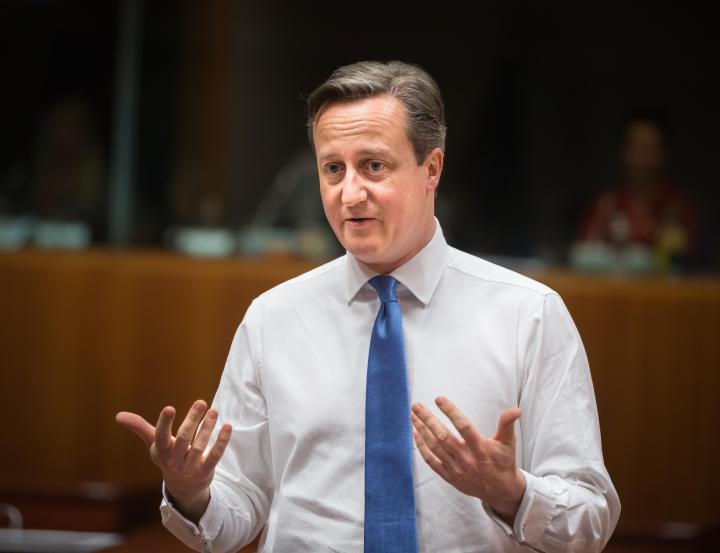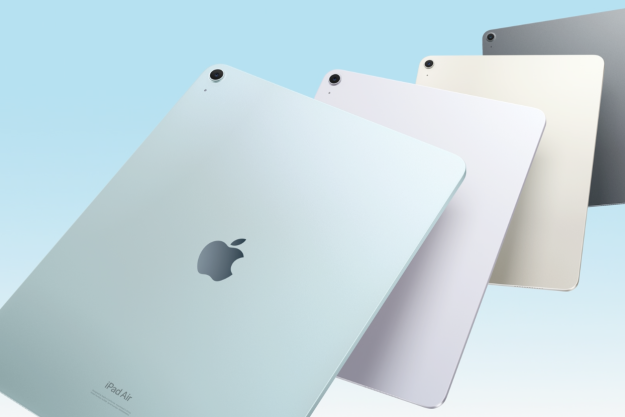
Although Prime Minister David Cameron had previously suggested the bill could ban encryption, his office backpedaled today in a statement to Business Insider, telling the outlet, “The Prime Minister did not suggest encryption should be banned.”
Earlier this year, Cameron promised “legislation that makes sure we do not allow terrorist safe spaces to communicate with each other.” His statement was interpreted as a swipe at encrypted communication.
Messaging apps increasingly use encryption to protect users’ data, and law enforcement agencies in the U.K. and the United States have struggled to maintain access to these communication platforms. Proposals have varied from an outright encryption ban in the U.K. to mandated backdoors in the U.S.
Cameron’s stance on encryption is further clarified in a letter from his minister of Internet safety and security, Baroness Joanna Shields. In the letter, published by Business Insider, Shields wrote of encryption, “It is fundamental to our everyday use of the Internet. Without the development of strong encryption allowing the secure transfer of banking details there would be no online commerce.” However, she also called for compromise, writing, “The Prime Minister has been clear that there cannot be areas of the internet which are off limits to the rule of law — and this has to include, where is necessary and proportionate, individuals’ private communications.”
The letter echoed FBI Director James Comey’s statements during a Senate Judiciary Committee hearing last week, in which Comey expressed support for strong encryption in business contexts, but asked tech companies to compromise encrypted communications during criminal investigations.
But technologists have argued that such a compromise on encryption is simply not possible.
A report released last week by several prominent technologists provides a counterpoint to the stance proposed by U.S. and U.K. officials, essentially pointing out that trying to open encrypted data only to law enforcement while keeping out hackers is an impossible task.
During last week’s Senate Judiciary hearing, Dr. Herbert Lin, a senior research scholar for the Center for International Security and Cooperation at Stanford, raised questions about the practicality of mandating encryption that is accessible to law enforcement. Such a mandate, he explained, would have to be enforced not only with large technology companies, but also with small app developers and at U.S. borders, where Americans’ devices would theoretically need to be searched for foreign encryption apps upon returning from travel abroad.


